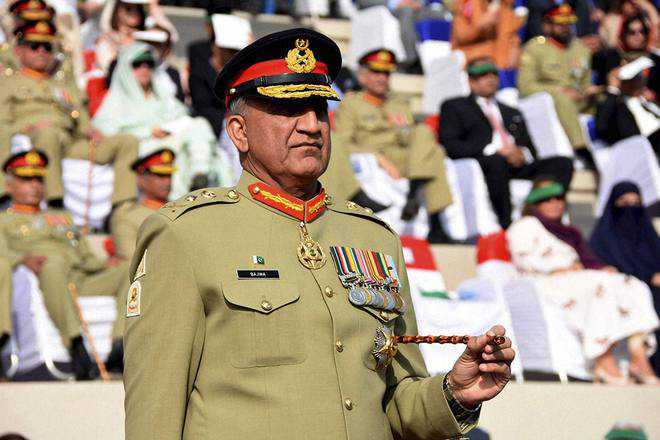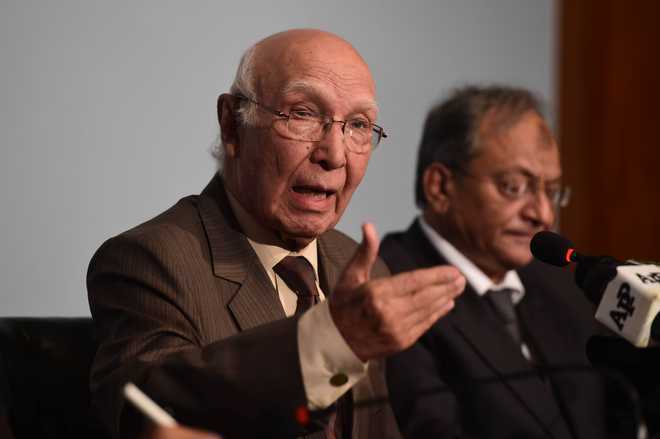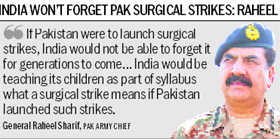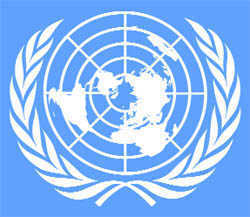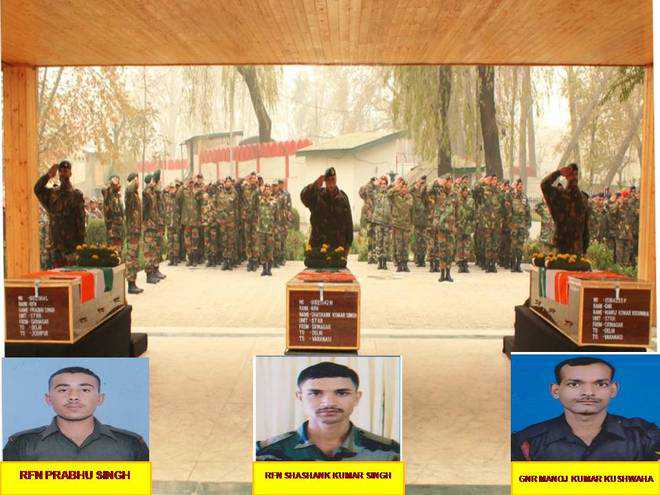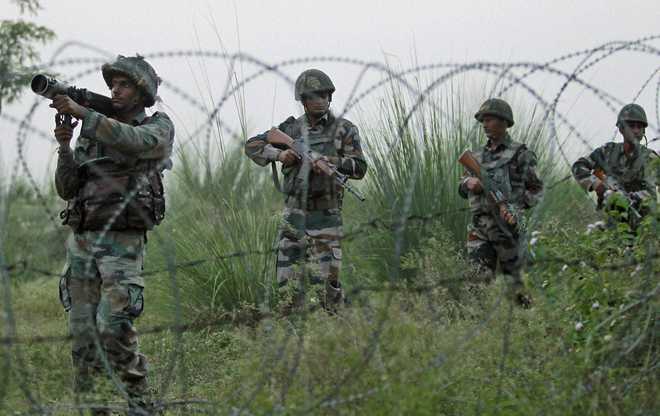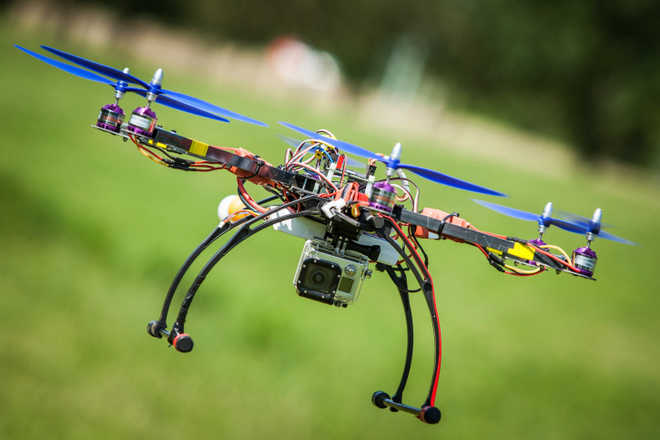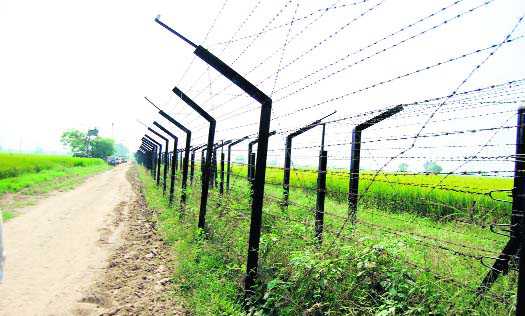To some extent, Gen Kayani and Gen Sharif have distanced the army from the Musharraf era of total control of the political process. That has been a sensible and pragmatic repositioning that Gen Bajwa must try and further.
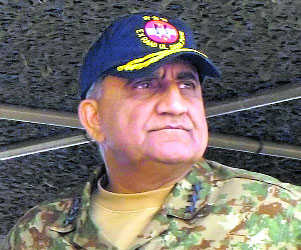
Treading a tricky terrain: Gen Qamar Javed Bajwa, the new chief of the Pakistan army. He will have to retool the army to continue counterterrorism efforts.
ON Tuesday, General Qamar Javed Bajwa will start his tenure as chief of army staff, the fourth individual in Pakistan to do so in the 21st century. His predecessor Gen Raheel Sharif has given Gen Bajwa an excellent platform to build on, though circumstances will also shape how the chief will be able to proceed. Certainly, a priority must be to wind down large-scale military operations and retool the army for the next phase of counterterrorism operations. The rehabilitation of Fata, the return of IDPs and a new constitutional scheme for the war-ravaged tribal areas are other important tasks in which the military will have an influential role. Then there are the national security and foreign policy arenas in which the military has an outsize role, a de facto situation made all the more important because of severely strained relations with India and Afghanistan and a growing focus on ties with China and CPEC.While the army is an institution, the personality, preferences and personal relationships with leaders of other institutions of any army chief do matter. In this, it will remain to be seen what kind of leadership style Gen Bajwa has — the mould of the thinker that Gen Kayani cast himself in, the no-nonsense, action-oriented leader that Gen Sharif has been, or something else? But once again, the direction that is needed is relatively clear — the focus on counterterrorism and the need to initiate action in Punjab beyond the superficial steps taken so far. Clearly, there are matters of law and constitution to navigate here. It is the prerogative of the elected government to decide policy and the military must abide by decisions taken. However, just as Gen Sharif was able to impress on a reluctant PML-N government the need to fight the banned TTP and abandon the foolhardy path of seeking negotiations — a view the centre belatedly embraced — Gen Bajwa may be able to persuade the government of new steps to be taken. It must certainly not be done in a way that the government is seen to be under orders; there are cooperative ways to persuade the need for a change in policy.Finally, there is the issue of military interference in politics. To some extent, Kayani and Sharif have distanced the army from the Musharraf era of total control of the political process. That has been a sensible and pragmatic repositioning that Gen Bajwa must try and further. Where the civilians themselves seek military input and advice, the army chief can play a role that is democracy-enhancing and system-strengthening. Beyond that, however, all army chiefs need to be mindful of institutional separation and the constitutional scheme of things. At no point would Gen Sharif have gained more than he would have lost had he opted to wade deep into the political process. Politics for politicians, army for national defence.Apolitical, easy-going & compassionate
Lt Gen Qamar Javed Bajwa, something of a dark horse in this race for the post of COAS, is currently serving at the GHQ as Inspector General of Training and Evaluation — the position Gen Sharif held before becoming the army chief. He has commanded the 10 Corps, the army’s largest, which is responsible for the area along the Line of Control (LoC). Lt Gen Bajwa has extensive experience of handling affairs in Kashmir and the northern areas of the country. As a major general, he led the Force Command Northern Areas. He also served in the 10 Corps as lieutenant colonel, where he was GSO.Despite his extensive involvement with Kashmir and northern areas, he is said to consider extremism a bigger threat for the country than India. He has served with a UN mission in Congo as a brigade commander, alongside former Indian Army chief Gen Bikram Singh, who was also there as a division commander. He has previously also remained the commandant of the Infantry School in Quetta. His military colleagues say he is not attention-seeking and remains well-connected with his troops.“He is extremely professional, but very easy-going and full of compassion,” an officer who had served under him said, adding that he was not protocol-minded either. Gen Bajwa is also said to be an apolitical person without any biases. He is from the infantry’s Baloch Regiment, which has given three officers to the post of army chief — Gen Yahya Khan, Gen Aslam Beg and Gen Kayani.By arrangement with the Dawn












